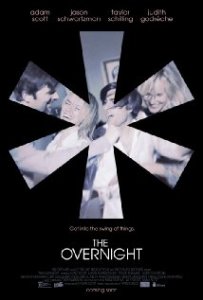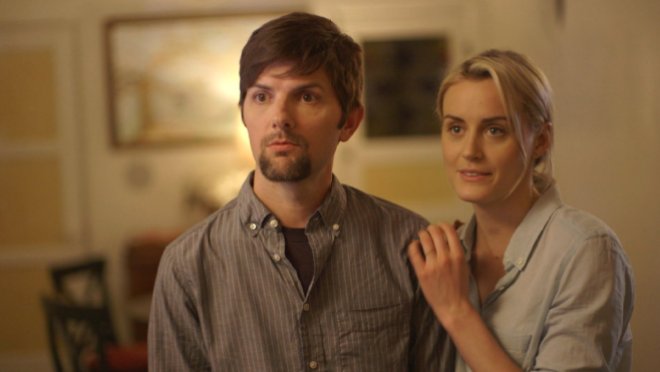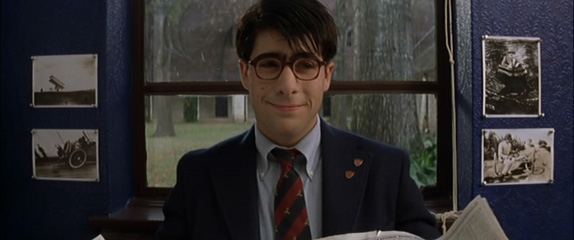 Making friends as an adult is hard. This much we know. Sex can be complicated, and awkward. This much we all know very well. But when posed with the challenge of making friends and breaking out of your shell despite all the misgivings of being socially or sexually awkward, it can be extremely challenging.
Making friends as an adult is hard. This much we know. Sex can be complicated, and awkward. This much we all know very well. But when posed with the challenge of making friends and breaking out of your shell despite all the misgivings of being socially or sexually awkward, it can be extremely challenging.
“The Overnight” pushes those adult challenges to the limit in a film that gradually becomes more surreal, stylish and engrossing. It’s a small ensemble comedy with some surprising twists that does some impressive gymnastics and social maneuvering to keep from going crazy and ending things on the spot. It asks the question, “Is being curious as an adult a bad thing?” And never does Patrick Brice’s film, despite how outrageous and strange it becomes, cross that line that would make you think otherwise.
Part of what makes “The Overnight” work so well is that it really is an “adult comedy”. Unlike the Seth Rogen movies of the world, the characters of “The Overnight” really are adults, and not just oversized man-children. Alex and Emily (Adam Scott and Taylor Schilling) are parents of the pre-school aged RJ but are also new to the Los Angeles neighborhood. At a party for a friend of RJ’s, they hit it off with Kurt (Jason Schwartzman). Kurt seduces them effortlessly with his sophistication and cultured charm, but Schwartzman’s performance, an actor who began his career in “Rushmore” as someone mature and adult beyond his age, is balanced enough that Kurt seems effete without ever appearing insincere.
Kurt invites them to a dinner party with his wife Charlotte (Judith Godreche) and open Alex and Emily up to a whole realm of adult “experimenting” as soon as the kids are in bed. What transpires is a mix of uncomfortable humor, free-spirited celebration and eventually, drunken, delirious tripping out.
Brice navigates these sudden twists in tone with the same hilariously awkward thud that Alex and Emily might be feeling, namely because Kurt and Charlotte are so confidently cultured and European. Their home is a modern fortress, and Kurt regales Alex with his work desalinizing water from feces, doing abstract artwork of people’s buttholes, and putting their children to sleep with synth-driven lullabies.

Alex meanwhile is just trying to stay afloat, desperately treading water to make it seem like he and his wife are smarter than they are. Brice opens the film with their own marital struggles, having sex at the crack of dawn in a race to beat their son awake, and each furiously finishing on their own because of their inability to satisfy the other sexually. Their frustrations, inadequacies and embarrassment at the party is so relatable, in part because of Adam Scott’s clueless demeanor as he fast talks his way out of trouble, and Taylor Schilling’s over-enthusiastic smiles and hand gestures that show how desperately they want to fit in.
The characters are constantly pushing the limits of finding the threshold, the point when things simply get too weird and they force themselves to leave. At that point, the movie would be over, and while the characters constantly push the boundaries, the movie never gets there. Thankfully, it’s Alex and Emily who throw their hands up before we do.
“The Overnight” probes at challenging situation comedy and the difficulties of friendship, marriage, parenting and new experiences with equal parts grace and awkwardness. It’s never uproariously funny or a life changing few hours (actually, the film clocks in at a brief 79 minutes). But just as Alex and Emily will remember what happened here for a long time to come, so will we.
3 stars


